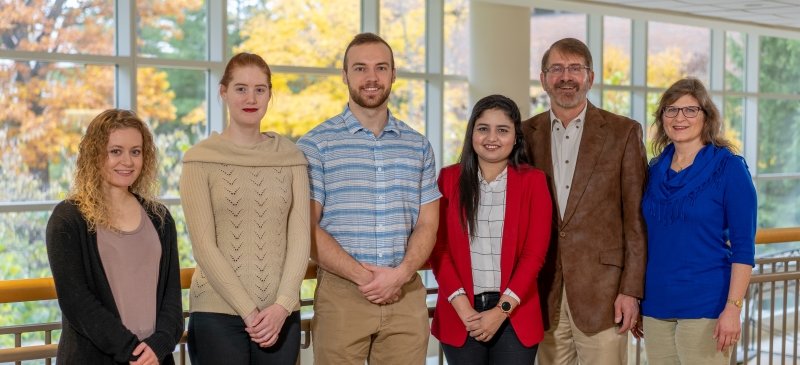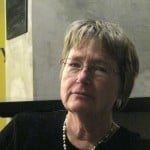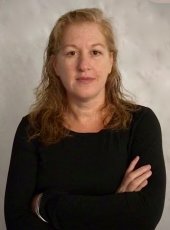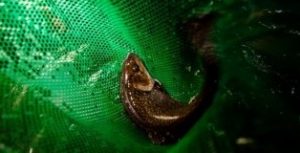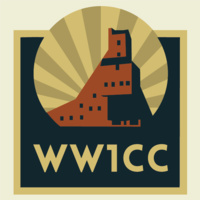As part of the process of decolonization in our Michigan Tech and wider communities, there is an equally important personal process of decolonizing ourselves. A first step begins with a process of unlearning “truths” – the information we think we know about Indigenous, Native histories and identities. Unlearning allows space for relearning truths – the missing, forgotten and invisible stories and identities that remain critical to creating socially just communities and doing social justice work.
In this dialogue, we will engage in unlearning activities to reflect on our common myths, biases and stereotypes about Native, Indigenous peoples. This will be followed by opportunities to relearn Indigenous and personal truths through dialogue with each other. The Center for Diversity and Inclusion (CDI) invites you to join our final Diverse Dialogue for the Spring semester at 4:05 p.m. Thursday, April 25, in GLRC 202. “Unlearning and Relearning Truths: A Continued Conversation about Decolonization,” will be led by Valoree Gagnon, Amy Howard, and Kari Henquinet.
The Diverse Dialogues series aims to provide opportunities for students, faculty and staff to have conversations about relevant issues of equity, diversity, inclusion, social justice and much more. Be part of crucial campus conversations, help to highlight underrepresented voices, elevate the social justice work being done by our Michigan Tech community and engage and learn from difficult diversity and inclusion issues that affect us all. If you’re part of the dialogue, you’re part of the solution.

